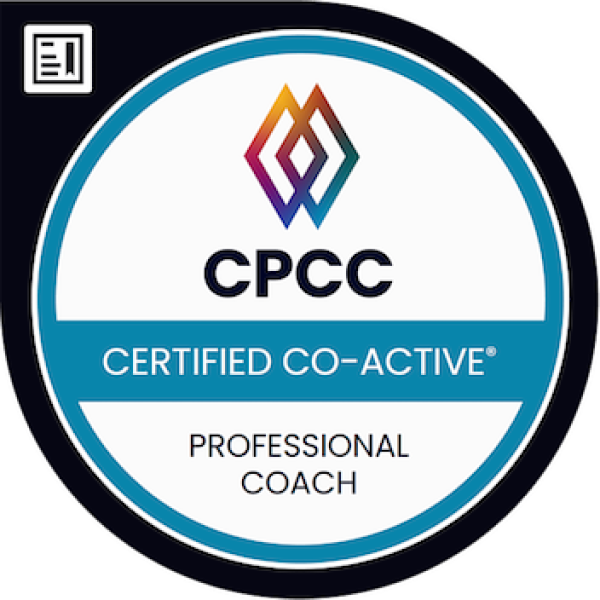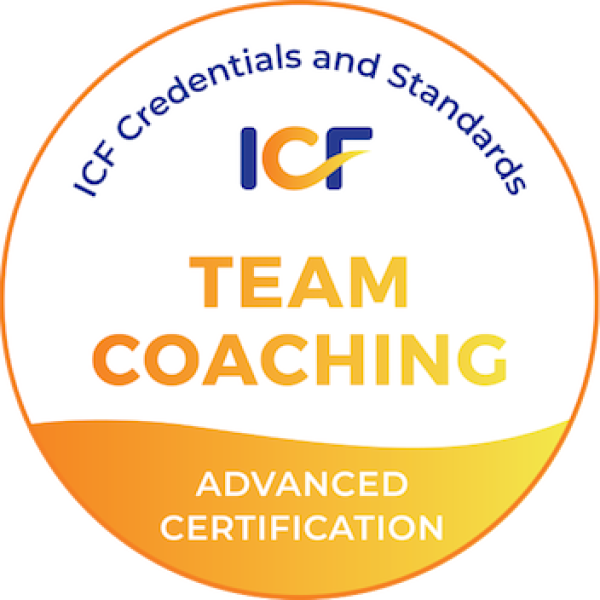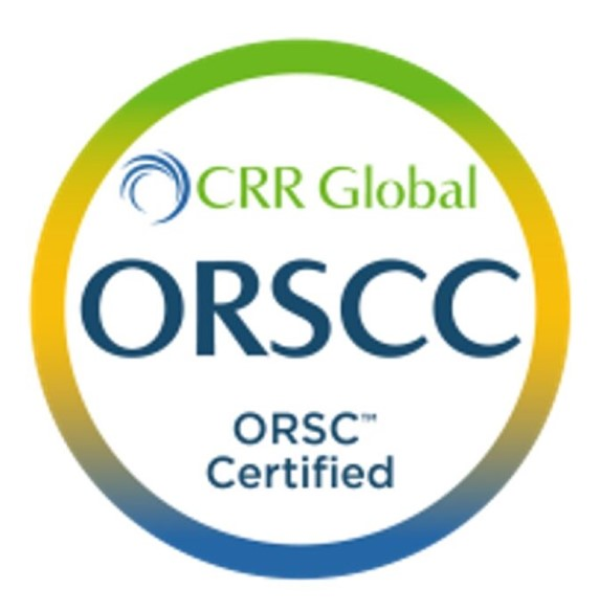We all know about the proverbial “elephant in the room” — that huge, unspoken issue everyone’s tiptoeing around. But did you know that, as facilitators, coaches, and leaders, we too have our own elephants?
Last year in Vienna, I had the incredible opportunity to co-facilitate team coaching sessions for two Leadership Teams sessions with my dear friend and fellow seasoned coach, Joris Nuijten. Together, we walked alongside some impressive leaders, but we quickly discovered that, while guiding others through their challenges, we also had to navigate our own. And let me tell you, our personal elephant showed up right in the middle of one of our sessions, just when the stakes were highest.
Yes, coaches are human too. We get triggered, we feel the pressure, and sometimes, we react. The lesson we learned during these sessions was not just about how to help others deal with their metaphorical elephants but also how to manage our own, especially when they sneak up on us at the worst possible moments.
As Joris and I strolled through the beautiful streets of Vienna, we debriefed our experience and, like two diligent coaches, reflected on our behaviors. We snapped a photo next to a bronze statue of a baby elephant, a fitting metaphor for our week. After all, just like coaching teams, co-facilitation is an art, an alchemy of personalities, approaches, and shared intentions.
The Dance of Co-Facilitation: When Two Elephants Collide
Picture this: we were in the middle of facilitating a crucial leadership session, tension mounting in the room, when suddenly, Joris and I both felt triggered. Now, if you’ve ever co-facilitated a high-stakes workshop, you’ll know that when both facilitators are under pressure, the space between stimulus and response gets really small. Boom! Reactivity takes over, and suddenly, we’re not holding space for anyone—least of all ourselves.
We quickly realized that our conflict protocols needed a tune-up. So we sat down and mapped out a few key principles to keep us functional as co-facilitators and to help us work through our own emotional elephants when they inevitably show up. Here’s what we came up with, and trust me, if you ever find yourself co-facilitating, these might just come in handy:
Conflict Protocols for Co-Facilitation: How to Keep the Elephant in Check
- Start with Intent
Before each session, we now agree on how we want to be together for the people we’re serving that day. Our guiding principle? Hold a safe and courageous space for the team we’re working with. This intention serves as our North Star, reminding us that if we feel triggered or disconnected, we’re not holding space anymore. And it’s our job to return to that intention as quickly as possible. - Embrace Your ‘Nasty Self’ (Just for a Moment)
When either of us gets triggered, we give each other permission to just be with our “nasty self” for a moment. Because let’s be real: we all have a nasty side. When I’m triggered, my “nasty self” loves to stonewall—yup, I cut myself off from the relationship to protect myself. It’s not healthy, but it’s me. And here’s the thing: we can only start working on something once we see and accept it. So, no judgment, just presence. Once we accept it, we can heal it. - Trust One Another to Lead the Room
In moments of disagreement or tension, we give one person the freedom to lead the room in their own way. This is born out of deep trust and kindness. If one of us needs to step back and recover, the other steps up. If the approach works, great! If it doesn’t? Well, we pick up the pieces and clean up any mess that’s left. No blame, just partnership. We always have each other’s back. - Send a Silent Signal of Support
Once one of us has calmed down and returned to our functional self, we’ve agreed to send a silent signal—usually through eye contact, a smile, or a gentle nod. No words necessary. It’s a quiet acknowledgment that says, “I see you. You’re not alone.” This simple act can help lift the other person out of their emotional valley and remind them that we’re in this together.
The Importance of Deep Self-Awareness for Coaches
It’s funny how we, as coaches, often focus so much on helping our clients grow that we sometimes forget about our own development. But co-facilitating these sessions was a stark reminder that self-awareness is just as important for coaches as it is for the people we coach. When the pressure rises, even the most seasoned of us can slip into reactive patterns.
And here’s the truth: as coaches, we’re never “done.” There’s always more to learn about ourselves, more to heal, and more to integrate. That’s why having a coach as a coach is not just a luxury—it’s a necessity. We all have blind spots, and it’s through self-reflection, feedback, and sometimes a good old-fashioned reality check from a coach, that we can continue to grow and show up fully for our clients.
So, What’s the Elephant in Your Room?
Maybe it’s time to ask yourself: What’s the elephant in my room? What behavioral patterns or emotional triggers are showing up for you in your coaching practice? If you’re like me, you probably don’t want to admit you have one (who does?). But guess what? We all do. The key is to acknowledge it, breathe compassion into it, and then work with it.
If you’re an emerging coach or even a seasoned one, and you feel like there’s an elephant quietly (or not so quietly) lurking in your coaching practice, it might be time to get some support.
Let’s Explore Together
I’d love to help you uncover your own hidden patterns and guide you toward more self-awareness in your coaching journey. Curious to dive deeper? Let’s schedule a Discovery call. We’ll laugh, reflect, and maybe even share a few stories about our elephants. And who knows, maybe that baby elephant photo from Vienna will inspire you to take the next step in your coaching evolution.
Reach out, and let’s start taming those elephants together!
So, what do you say? Ready to walk with your elephant instead of tiptoeing around it? I’d be thrilled to support you on your journey. Click here to schedule a Discovery call with me!





